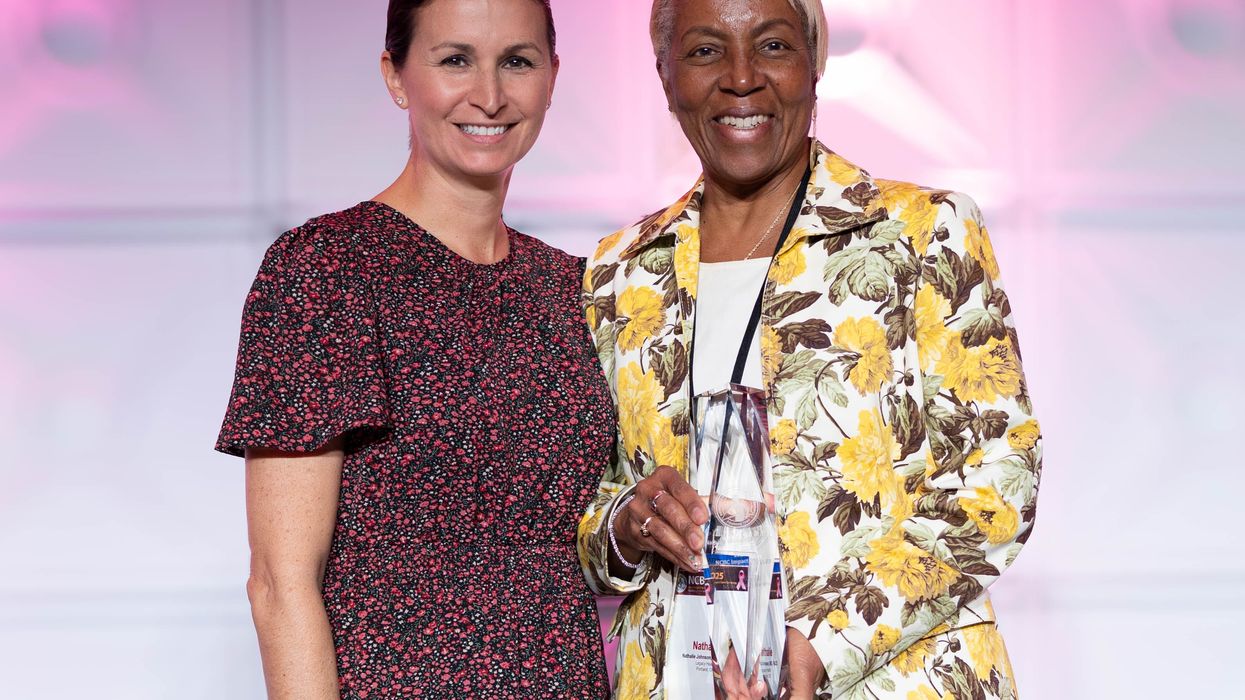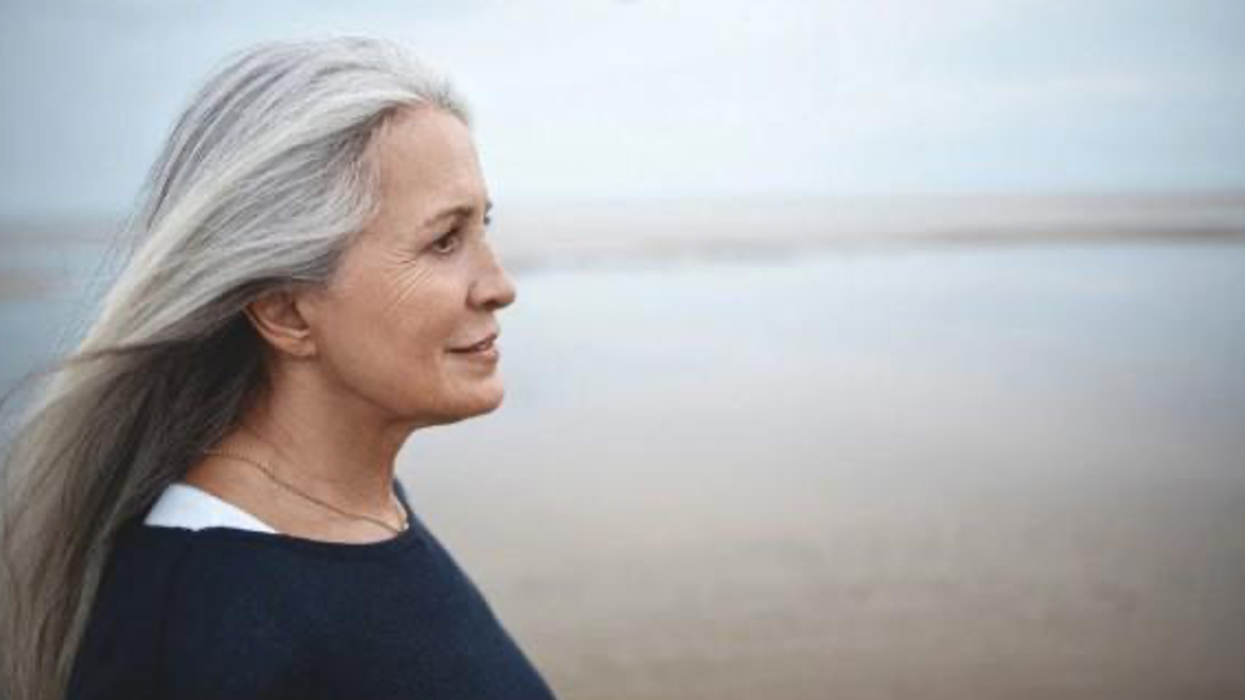For Black breast cancer survivors, healing goes beyond defeating a diagnosis—it’s a lifelong process of rebuilding strength, restoring emotional well-being, and reclaiming life on their own terms. Increasingly, exercise is proving to be a vital part of that journey, offering powerful benefits that extend far beyond physical fitness.
The Overlooked Disparities Behind the Diagnosis
Black women are just as likely to be diagnosed with breast cancer as white women, but according to recent statistics, they are 40% more likely to die from the disease. A complex mix of systemic inequities—including limited access to quality care, socioeconomic challenges, and institutional racism—plays a key role in this disparity.
Yet another crucial factor often goes unnoticed: the support available during recovery. For many, the journey doesn’t end with treatment—it continues through survivorship, where exercise can be a game-changer.
Exercise as a Lifeline
According to the National Cancer Institute, women who met physical activity guidelines both before diagnosis and two years after treatment had a 55% reduced chance of cancer recurrence and a 68% lower risk of death from any cause compared to those who didn’t stay active.
The benefits are especially critical for Black women, who are more likely to be diagnosed with triple-negative breast cancer—an aggressive subtype. A recent JAMA Oncology study found that Black women with this diagnosis are 28% more likely to die than white women with the same condition.
“Overall, there is a higher percentage of triple-negative breast cancer in the Black community,” explained Dr. Jay Harness, MD, FACS, founder of Cancer Fitness and Chief Medical Officer at Maple Tree Cancer Alliance. “Virtually every patient with triple-negative will undergo neoadjuvant chemotherapy, so why not get them physically ready?”
This concept is called prehabilitation—or “prehab”—a strategy to prepare patients physically before treatment begins. “Exercise helps them better tolerate the stress of chemotherapy,” Dr. Harness said. “There’s strong data showing that physically active breast cancer patients are more likely to complete their prescribed dosage.”
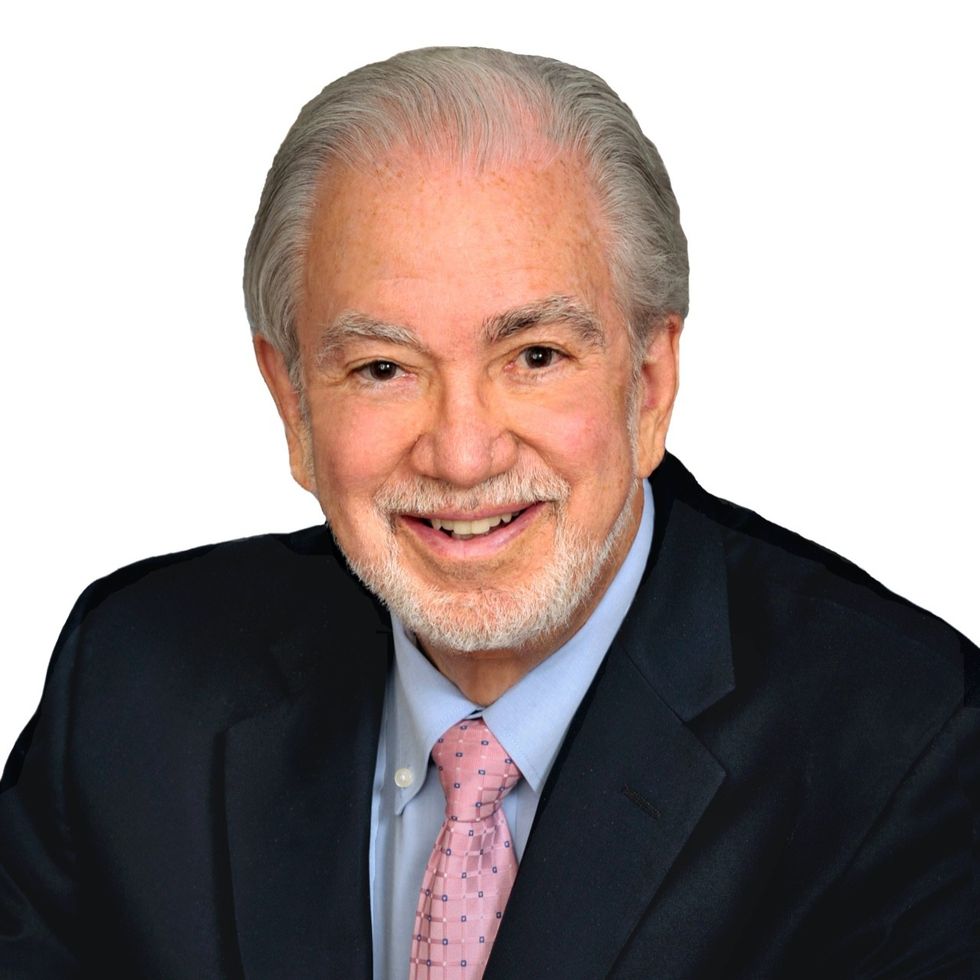
More Than Movement: Managing Side Effects and Enhancing Life
Exercise doesn’t just prepare the body—it strengthens it during and after treatment. It helps reduce common side effects such as:
- Fatigue
- Weight gain
- Lymphedema
- Depression
- Joint pain
But for Black women, the benefits reach even deeper. Movement can become a form of emotional and spiritual healing, especially when done in culturally supportive environments.
According to data from the Black Women’s Health Study, African-American women who exercised vigorously for at least three hours per week reduced their risk of developing estrogen receptor–negative breast cancer by 50%.
The Power of Community and Culture
Culturally specific group fitness classes like Zumba, yoga, and walking clubs are creating safe, empowering spaces for Black survivors. Often led by survivors themselves, these programs encourage connection, movement, and healing—all while breaking down isolation.
Exercise Reduces All-Cause Mortality
Beyond cancer, staying active significantly lowers the risk of dying from other chronic illnesses like heart disease, diabetes, and hypertension. “We call this ‘all-cause mortality,’” said Dr. Harness. “Exercise decreases it by 30 to 40 percent. That’s a huge impact.”
Yet, the fear of exercise itself can be a barrier. “Dr. Karen Wonders, the founder of Maple Tree, often tells stories of patients more afraid of exercising than going through chemo,” Dr. Harness shared. “But once they start, they find their strength—physically and emotionally.”
Healing Beyond the Diagnosis
For many Black breast cancer survivors, exercise isn’t about “bouncing back.” It’s about moving forward—into a stronger, more confident version of themselves. Whether on walking trails or dance floors, they’re rewriting the narrative of survivorship with every step, stretch, and squat.
And as Dr. Harness so powerfully puts it:
“When a woman starts exercising after cancer, she begins her emotional reconstruction. She feels better about herself. She bonds with her instructor and with her group. It’s a deeply important part of the overall healing process.”
Dr. Harness was honored with the 2024 Impact Award by the National Consortium of Breast Centers in recognition of his outstanding contributions to the field of breast cancer care.











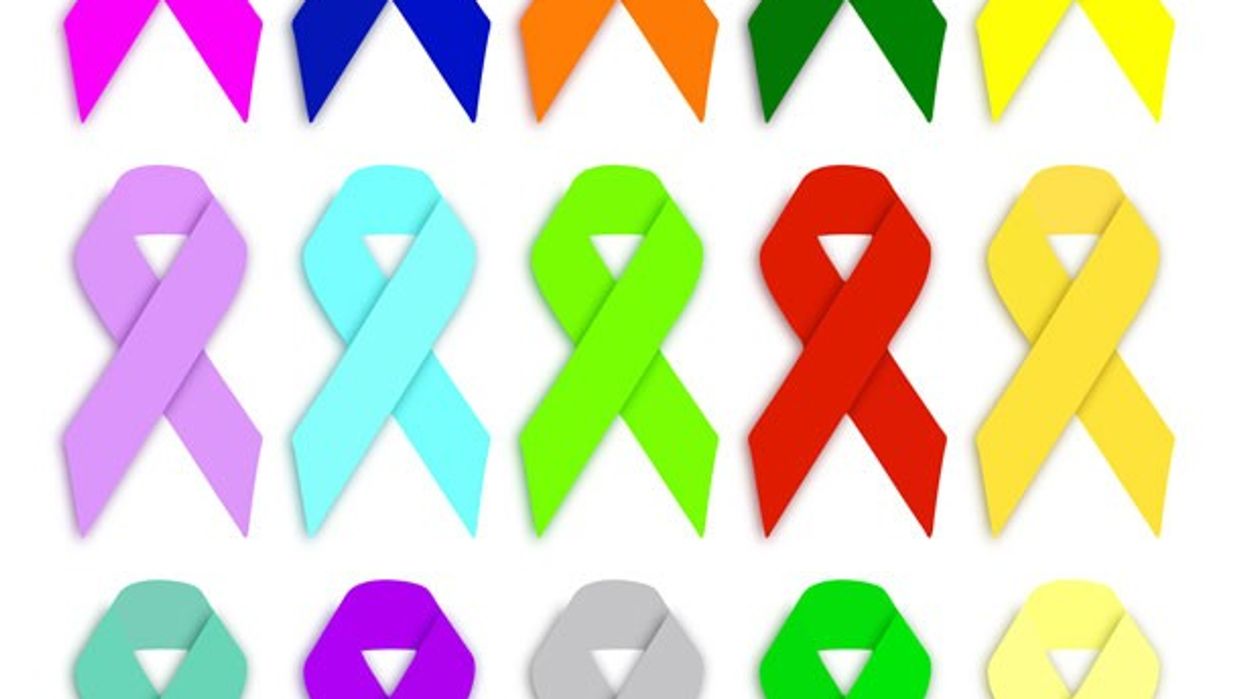
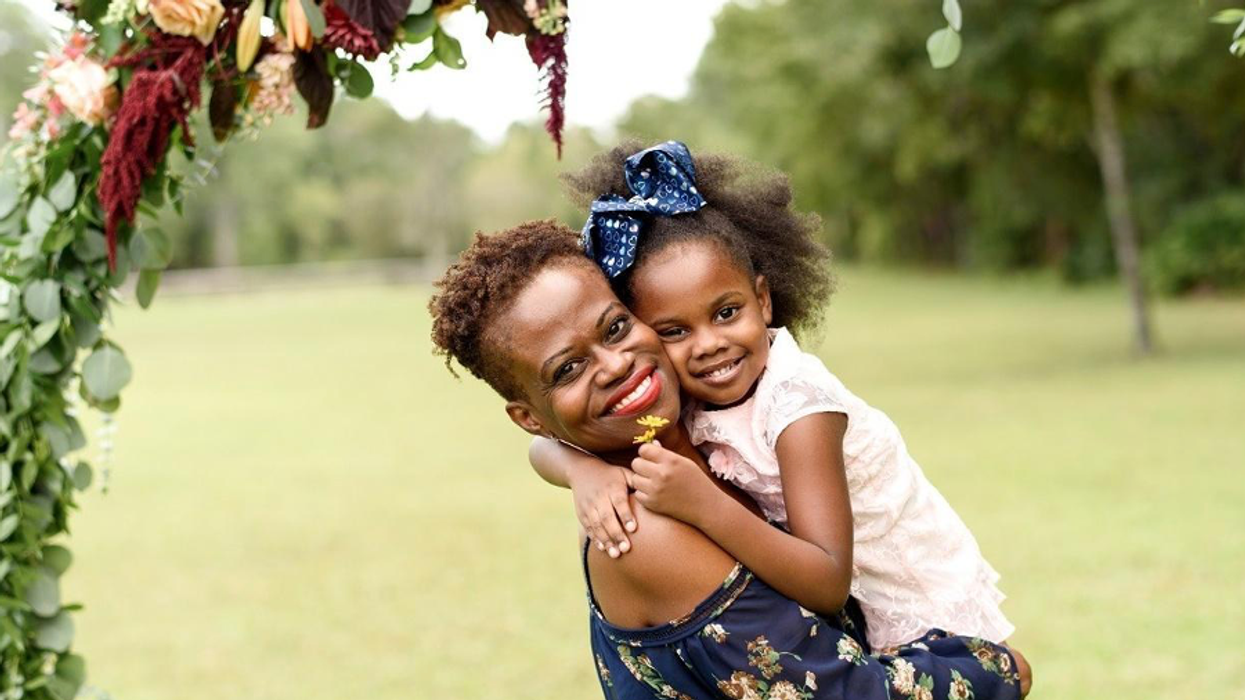
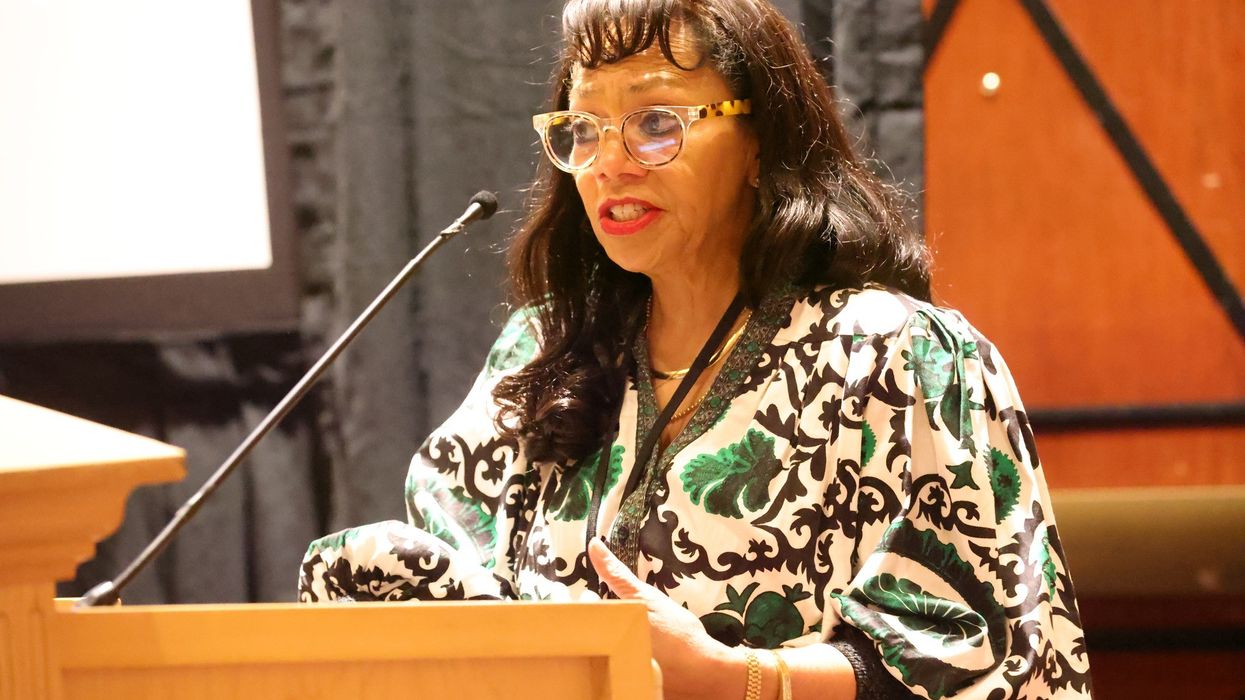
 Dr. Cary S. Kaufman teaches the "Essentials of Oncoplastic Surgery" course through the National Consortium of Breast Centers, providing breast surgeons around the world with advanced techniques for optimal breast surgery outcomes.
Dr. Cary S. Kaufman teaches the "Essentials of Oncoplastic Surgery" course through the National Consortium of Breast Centers, providing breast surgeons around the world with advanced techniques for optimal breast surgery outcomes.
